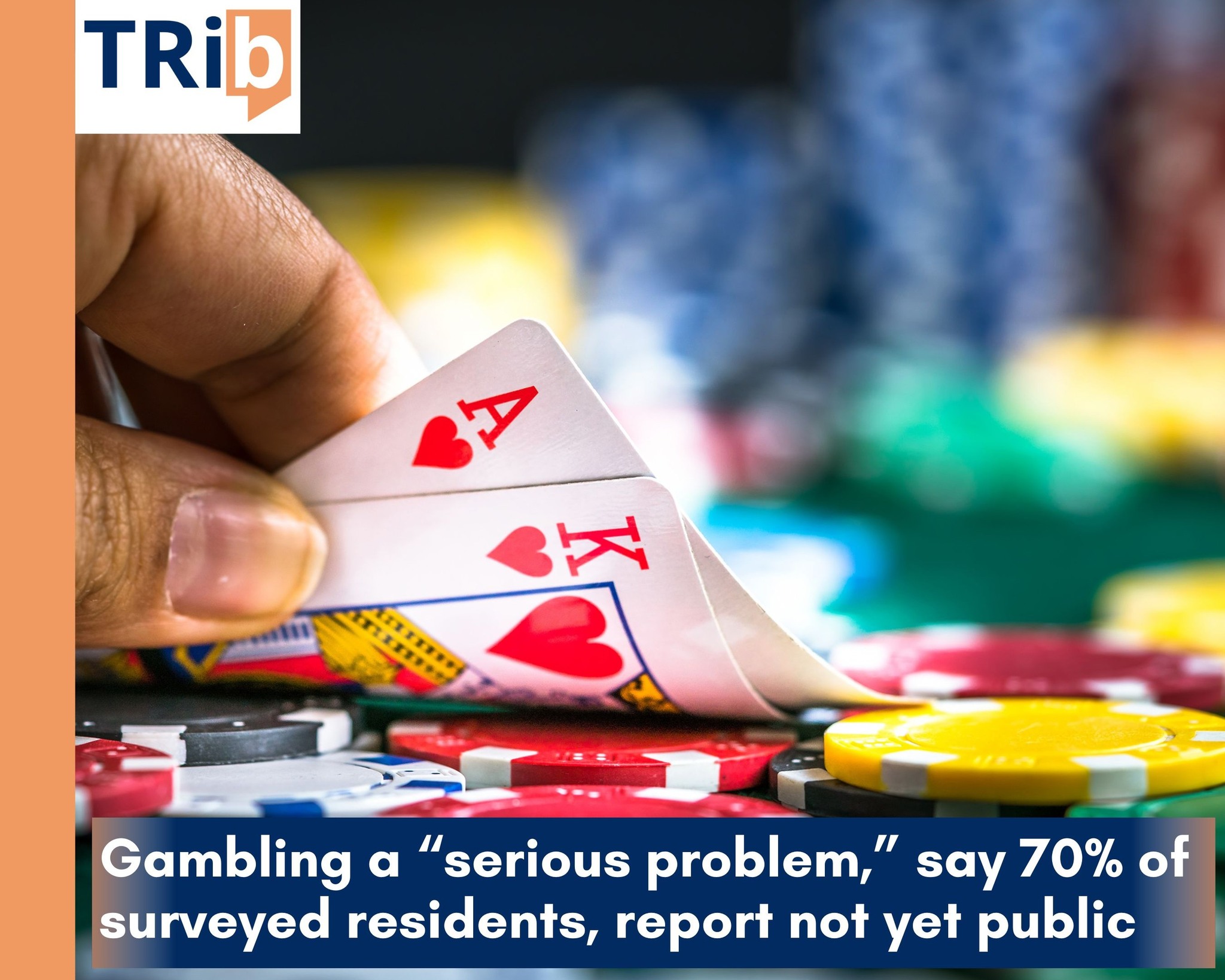GREAT BAY--A recent study on gambling behavior in St. Maarten has revealed that approximately 6% of the population is at moderate to high risk of experiencing gambling-related harm, including financial, mental, and social problems. The findings have sparked urgent calls for reform in the country’s gaming industry and greater attention to public health impacts.
The report, complete with recommendations, has yet to be made public.
The study, conducted by Ipsos I&O and commissioned by the Ministry of Public Health, Social Development and Labor (VSA) in collaboration with the Temporary Work Organization (TWO) and the Department of Statistics (STATs), surveyed over 800 residents between March 26 and April 8, 2025. It is the first comprehensive look at gambling in St. Maarten since 1996.
Key results include:
• 36% of residents reported gambling in the past 12 months.
• Men and individuals aged 18–34 are the most active gamblers.
• 30% of gamblers play daily or weekly; 15% gamble for more than one hour each week.
• Popular forms of gambling include lottery, bingo, dominos, card games, and casinos.
• 70% of residents, and 63% of gamblers, consider gambling a serious problem in the community.
• Views are divided on gambling’s economic impact: 34% see benefits such as jobs and income, 39% see little or no benefit, and 27% are undecided.
The findings were presented to the Council of Ministers along with recommendations to limit gambling venues, reduce public exposure to gambling, strengthen support services, and launch targeted public awareness efforts. There were no further details regarding these recommendations released by the government.
As part of the broader Country Package Reform under the measure “Strengthening the Rule of Law (H2),” the Ministry of Tourism, Economic Affairs, Transport and Telecommunication (TEATT) is leading a multi-agency Plan of Approach to regulate the industry. This includes creating an independent Sint Maarten Gaming Authority (SMGA) to enforce compliance and promote responsible gambling.
Next steps include legislative reform, continued research, and public consultation. The government has pledged to work closely with civil society to ensure gambling is managed responsibly, transparently, and in line with community well-being.
Join Our Community Today
Subscribe to our mailing list to be the first to receive
breaking news, updates, and more.






